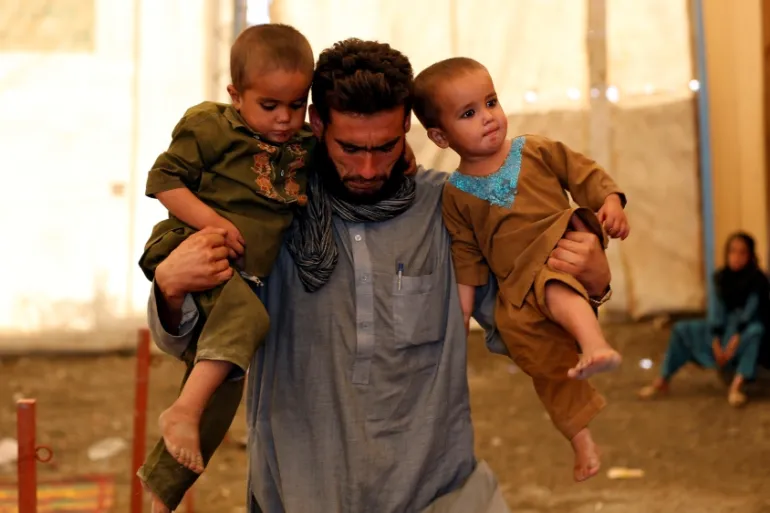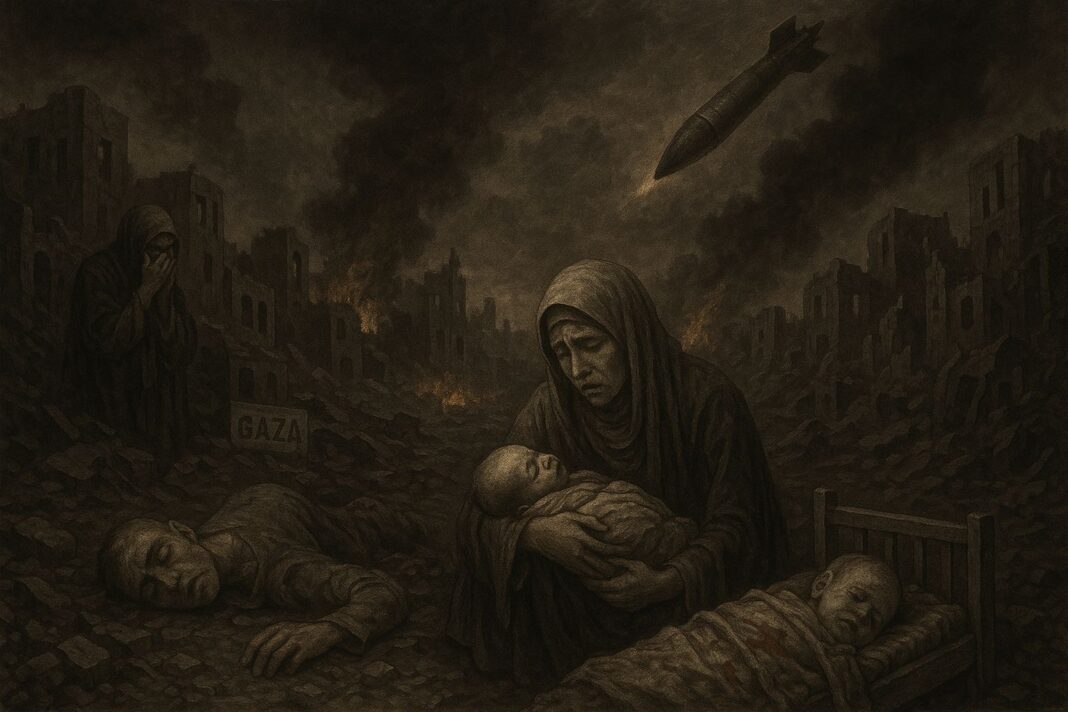By: Syed Shahzaib Haider
As we have seen in recent days, the Middle East has witnessed a dramatic escalation in hostilities between Iran and Israel, with both nations engaging in full-scale missile attacks. The conflict, which began with Israeli airstrikes on Iranian nuclear and military sites, has led to Iranian retaliatory missile and drone strikes across Israel. These exchanges have resulted in significant casualties and widespread destruction, including the deaths of at least 224 Iranians and 24 Israelis, and the targeting of critical infrastructure such as the Natanz nuclear facility and oil storage sites in Tehran.
The international community has expressed deep concern over the escalating violence. The United Nations has called for an immediate ceasefire and the resumption of diplomatic negotiations. However, efforts toward de-escalation have been hampered by entrenched political positions and a lack of effective communication channels between the conflicting parties.
Beyond the immediate humanitarian crisis, the conflict has broader regional implications. The Middle East’s stability is intricately linked to global peace and security. The ongoing war threatens to destabilize neighboring countries, disrupt global energy markets, and worsen existing geopolitical tensions.
The human cost of war has always been immeasurable in such situations. Civilians bear the brunt of the violence, with families torn apart, communities displaced, and lives shattered. The psychological trauma inflicted on individuals, especially children, will have long-lasting effects on future generations. At the heart of this conflict lies a complex web of political, ideological, and strategic interests. While these factors contribute to the persistence of hostilities, they also underscore the need for dialogue and understanding. The egos and vested interests of political leaders should not overshadow the fundamental rights of individuals to live in peace and security.
In light of the ongoing violence, it is imperative that the international community intensifies its efforts to facilitate dialogue between Iran and Israel. Neutral mediators, such as the United Nations or regional organizations, should be empowered to broker discussions aimed at achieving a sustainable and just peace. Confidence-building measures, humanitarian assistance, and a commitment to addressing underlying grievances are essential components of any peace process. The current situation also highlights the importance of addressing the broader geopolitical dynamics that fuel conflicts. Engaging in multilateral diplomacy, promoting economic cooperation, and fostering cultural exchanges can help build trust and reduce the likelihood of future confrontations.
In conclusion, the ongoing war between Iran and Israel serves as a stark reminder of the devastating impact of conflict on human lives. It is a call to action for all nations to prioritize peace over war, dialogue over division, and humanity over political gain. Only through collective efforts and a genuine commitment to peace can we hope to break the cycle of violence and build a more prosperous and harmonious world for future generations.
The writer is the head of the editorial team






